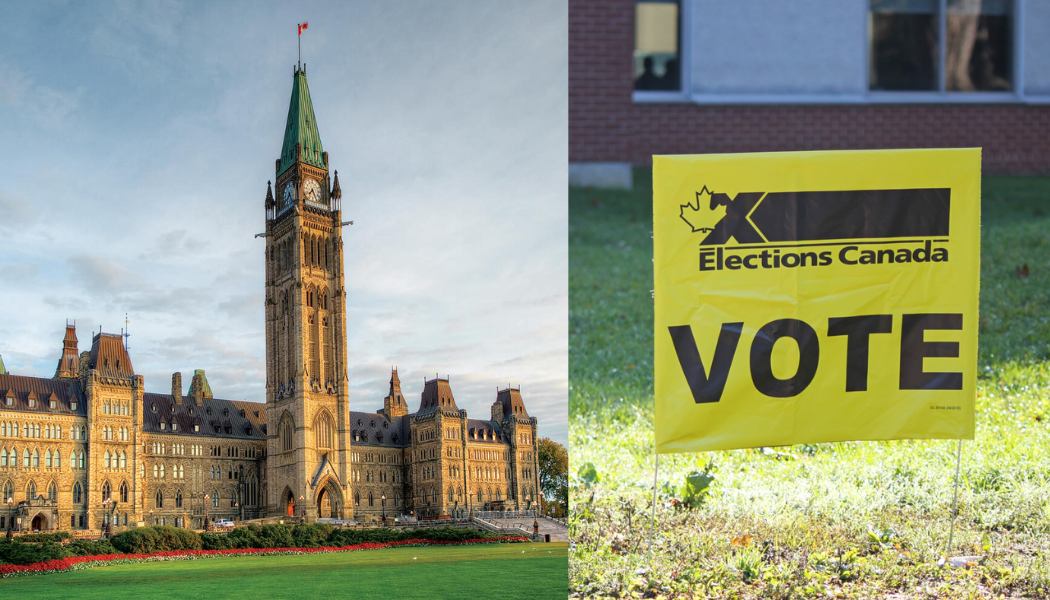The Liberal Party of Canada, which is currently under Prime Minister Mark Carney’s leadership, lacks the number of votes needed to pass its current budget, threatening to send voters to the ballot box early as the new budget’s spending departs from that of previous governments.
The federal government is currently in the process of trying to pass its annual budget through the House of Commons (HOC). In Canada, a budget that fails to pass signifies a lack of confidence in the current government and results in its dissolution and the calling of a new election.
Currently, the Canadian government is a minority, meaning it only has a plurality of seats in the HOC. The Liberal government has 169 seats, which is just shy of the 172 seats needed for a majority.
As a result, the majority support needed to pass bills, motions and budgets through the house requires assent from seats not within the Liberal Party.
In the previous minority government under Prime Minister Justin Trudeau, majority support was accomplished through a coalition government with the New Democratic Party (NDP) using the Supply and Confidence Agreement (SACA). This provided the government with stability in the house for around two years — from March 2022 to September 2024 — while the agreement lasted. However, the most recent election saw the NDP lose official party status, having only seven seats and thus very little power in parliament.
As it stands, Carney’s budget requires three more votes to pass in the HOC. The Conservatives and the Bloc Québecois have placed conditions on supporting the budget, while NDP interim leader Don Davies has stated that they won’t support cuts.
The prime minister has gone on record to say that “Canadians should be ready for some challenges and sacrifices,” with the current budget aiming to cut “waste” in spending.
The budget is expected to contain steep increases on defense spending as the government looks to increase reserve personnel numbers to 400,000, with a firm commitment to the five –per cent NATO spending target.
According to CBC, none of the parties are keen on an early election. With apparent talks between the Conservatives and the NDP on how to get through the Liberal budget, it has been suggested that “the path believed to be most likely is that some of the NDP’s seven MPs could abstain from voting, allowing the budget to pass.”
By abstaining parties can reduce the number of votes needed to pass a motion. Currently the Liberals require two additional votes if all MPs are present to pass the budget given the floor crossing conducted by former conservative MP Chris d’Entremont on Tuesday to join the Liberals.
Conservative sources have gone on to say that “the NDP MPs are not aligned […] the caucus functions without much structure […] which could make it easier to convince individual MPs to vote for the budget,” according to CBC.
The government has also signalled its willingness to fight an early election campaign.
The budget vote is set for Nov. 4 as Canadians await to see whether a second election will occur.

